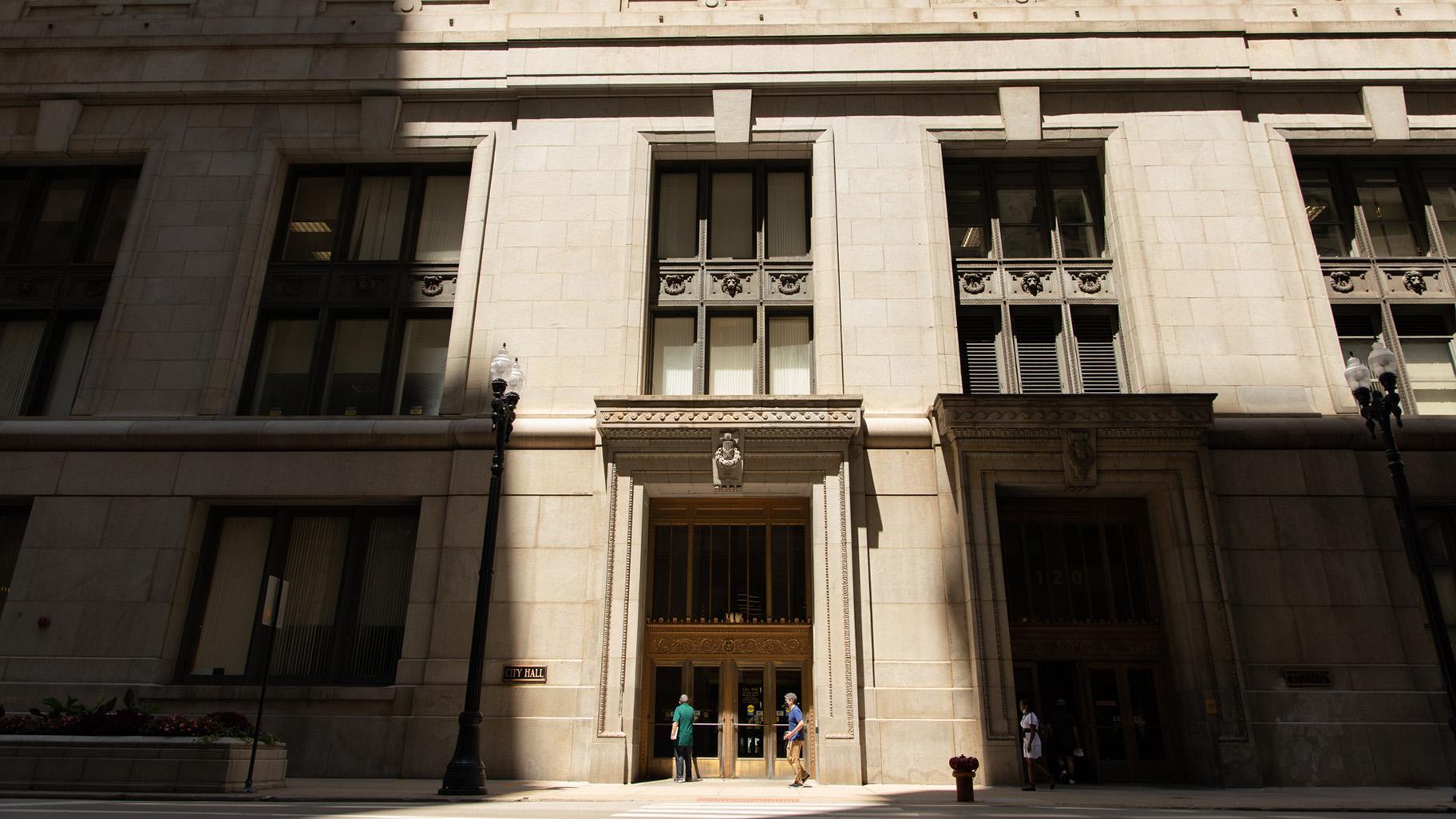Half a mil to put their thumbs up their asses instead of just literally giving that money directly as reparations ![]()
Edit: I want to clarify, I fully support reparations, I'm just extremely frustrated knowing that, under liberal/bourgeoisie democracy, these types of efforts tend to get bogged down with means testing, and sometimes outright turn into thinly-veiled handouts to private corporations. All while the police budget is still increasing YOY.
That said, Evanston (city on Chicago's northern border) did actually manage to distribute "...$25,000 in no-strings-attached direct cash payments for those eligible. Black residents who lived in Evanston during a 50-year period of discriminatory zoning laws and their direct descendants receive priority for eligibility." So I don't want to encourage further reactionary criticisms such as mine towards this specific subcommittee if they are able to achieve at least some form of direct payments similar to Evanston's program.


The one city I know of that has actually started reparations payments -- Evanston -- is tying them to redlining and other discriminatory policies in Evanston and in the 20th century. I don't think it's means tested, either; it's not based on need, but on if recipients are "descendants of Evanston residents who lived in the city between 1919 and 1969 or suffered housing discrimination after 1969."
that seems pretty good, but do they need to currently reside there, or does it go to everyone including people that left the city? also isnt that the one othello was talking about as not being enough
The way I read it is that someone would be eligible if they currently live in (for example) Chicago, but their parents lived in Evanston between 1919 and 1969 or suffered housing discrimination after 1969. This seems like exactly the sort of wheels-on-the-pavement question you'd need to talk through in a committee before rolling this out, too.
And yeah, I'd agree this isn't enough, but a city trying to repair the part of the damage it did specifically seems like a significant step in the right direction.